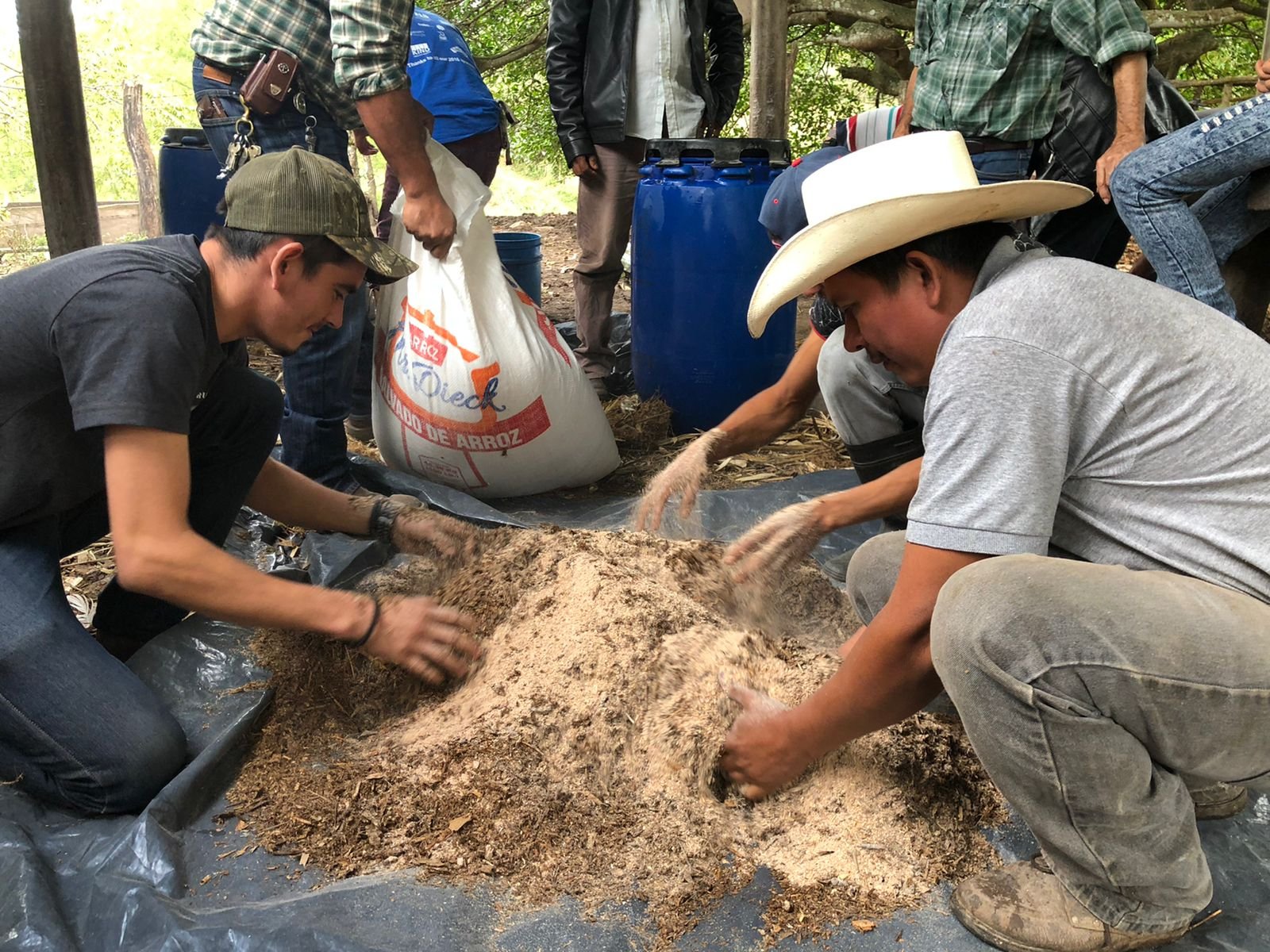New Ground for World Development
Your World Development & Relief (WDR) partners are expert people but also people of character, strength and vision. In short, they are inspiring to be around.
This May, WDR will be starting three new relationships. One, King George VI Centre (KGVI) in Zimbabwe, is known to many Irish Methodists already but has never, until now, been a partner through WDR. WDR co-funds two partners with sister agencies. We had been supporting Corambiente in Colombia with Christian Aid Ireland and MeDRA in Zimbabwe with All We Can. Both of those three-year cycles have come to an end and the new co-funded partners are Mennonite Social Action Commission (CASM) in Honduras and DanChurchAid (DCA) in Bangladesh respectively.
King George VI Centre (KGVI) - Bulawayo, Zimbabwe
Having started in the 1950s, the staff and children of KGVI would describe themselves as a family. Learning from and looking after each other. They provide rehabilitation and boarding facilities for nearly 300 students with physical disabilities and those who are deaf; as well as many without a disability. Students range from 3 to 20-years-old and many are orphans or come from low-income families. It is a joyous place where words such as confidence, independence and ability are much used. KGVI receives minimal government support and is therefore reliant upon donations. The school/centre provides an academic education as well as a vocational training programme. In addition, there are speech and language, physio and occupational therapies are provided. In a country where having a disability can carry great stigma and exclude people from opportunities open to others, KGVI helps the young people gain skills for life so that they have a much greater chance of finding their niche and contributing to society and enjoying life. Their motto is “Never Give Up”.
Speech therapy session at KGVI
Mennonite Social Action Commission (CASM) – Honduras
WDR makes a conscious effort to target climate change. CASM is based on the Anabaptist principles of peace, justice, non-violence and solidarity. They have been working to help families build up their resilience to climate change for the last 25 years. It believes that God is the centre of the universe and that the family is the fundamental unit of society. Honduras is located in the ‘dry corridor’ mostly inhabited by indigenous ethnic groups (Maya and Lenca) and desertification is accelerating due to climate change. In terms of advocacy, CASM aims to help the people identify the underlying problems and increase their involvement in national consultations over resources and land management. This strategy is in line with the Paris Agreement and the United Nations’ Sustainable Development Goals. CASM will also be supporting 100 families each year to use adaptive farming techniques, strengthen their ability to make decisions based on local climate information and move towards clean energy sources. Families will be identified on their level of vulnerability, with priority given to women and youth; populations that have been historically marginalised.
Production of beneficial microorganisms for the soil with CASM's help
DanChurchAid (DCA) – Bangladesh
The stateless Muslim Rohingya minority have again become a forgotten people. In 2017, our media carried regular stories of violence and displacement as the Rohingya were driven out of Myanmar. Six years later, 930,000 refugees survive in inadequate camps in Bangladesh. That emergency has now transitioned to the need for a longer-term development vision and programme. Past experience shows that, once a refugee is displaced for over six months, they are highly likely to be in exile for years. This refugee crisis is unlikely to be any different. WDR’s third new partner will be DanChurchAid (DCA). DCA works with displaced Rohingya refugees and marginalised host community members in the world’s largest refugee camp, Cox’s Bazar District, Bangladesh. DCA is supporting education and livelihood skills training. Their approach to reaching learners is through self-regulated learning that allows female Rohingya adolescents and youth to access learning opportunities. Learners receive learning materials to complete at home, assisted by Rohingya volunteer teachers, with support from host community teachers. This has been extended to the host community too. DCA has supported the design and development of accompanying Bangla workbooks that are aligned with the Government of Bangladesh’s Education Sector Plan (ESP) which seeks to improve access to non-formal education opportunities for adolescent and youth Bangladeshi women and girls with nascent literacy and numeracy skills.
Supported by DanChurchAid's programme, a Rohingya woman goes through her lesson in the refugee camp
Please continue to support the work of your World Development & Relief partners. Together, we are having an impact and helping more people free themselves from poverty.
Click here to find out how you can Play Your Part, or contact Tim or Laura in the office.



